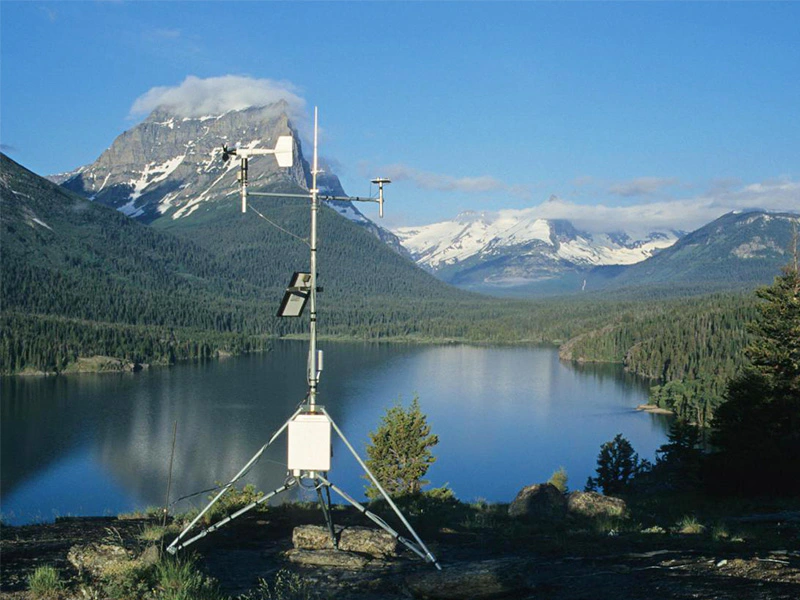Meteorological Station: Definition and Functions

# Meteorological Station: Definition and Functions
## What is a Meteorological Station?
A meteorological station, also known as a weather station, is a facility equipped with instruments and devices designed to measure and record various atmospheric conditions. These stations play a crucial role in weather forecasting, climate research, and environmental monitoring.
## Key Components of a Meteorological Station
A standard meteorological station typically includes:
– Thermometers for measuring air temperature
– Barometers for atmospheric pressure readings
– Hygrometers to determine humidity levels
– Anemometers for wind speed measurement
– Wind vanes to detect wind direction
– Rain gauges to measure precipitation
– Pyranometers for solar radiation measurement
## Primary Functions of Meteorological Stations
### 1. Weather Data Collection
The fundamental purpose of meteorological stations is to gather accurate and consistent weather data. These measurements form the basis for weather forecasts and climate studies.
### 2. Weather Forecasting
By analyzing data from multiple stations, meteorologists can predict weather patterns and issue warnings for severe weather events like storms, hurricanes, or heatwaves.
### 3. Climate Monitoring
Long-term data collected by meteorological stations helps scientists understand climate patterns, detect climate change, and study its impacts on ecosystems.
### 4. Agricultural Support
Farmers rely on weather station data to make informed decisions about planting, irrigation, and harvesting schedules.
### 5. Aviation Safety
Airports maintain meteorological stations to provide pilots with critical weather information for safe takeoffs and landings.
## Types of Meteorological Stations
Meteorological stations vary in size and complexity:
– Synoptic stations: Provide comprehensive weather observations
– Automatic weather stations: Operate without human intervention
– Agricultural weather stations: Specialized for farming needs
– Marine weather stations: Located on buoys or ships
– Upper-air stations: Measure atmospheric conditions at various altitudes
## The Importance of Meteorological Stations
Modern society depends heavily on accurate weather information for numerous activities. From planning daily commutes to preparing for natural disasters, the data provided by meteorological stations helps save lives, protect property, and support economic activities across various sectors.
As technology advances, meteorological stations continue to evolve, incorporating more sophisticated instruments and automated systems to provide even more precise and timely weather information.
Keyword: what is meteorological station
